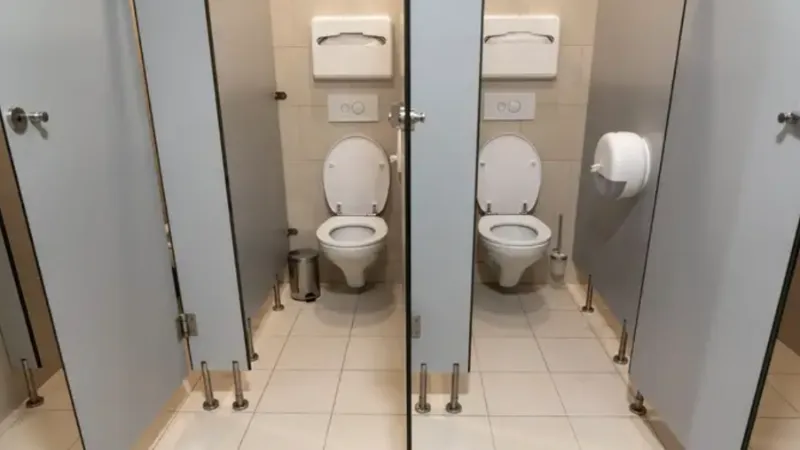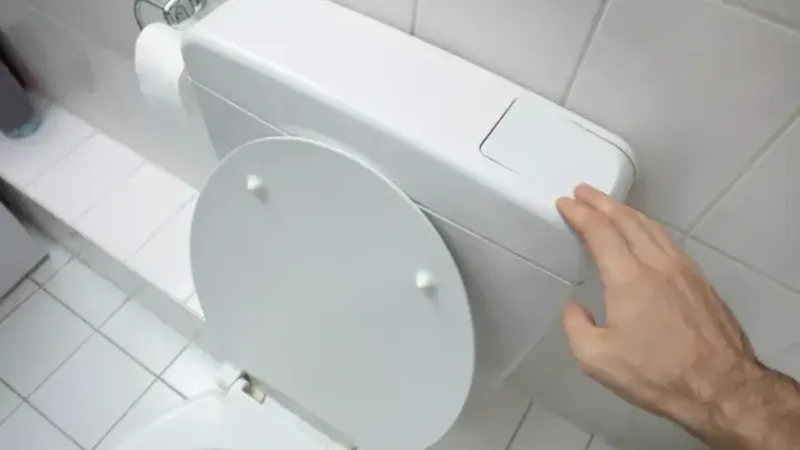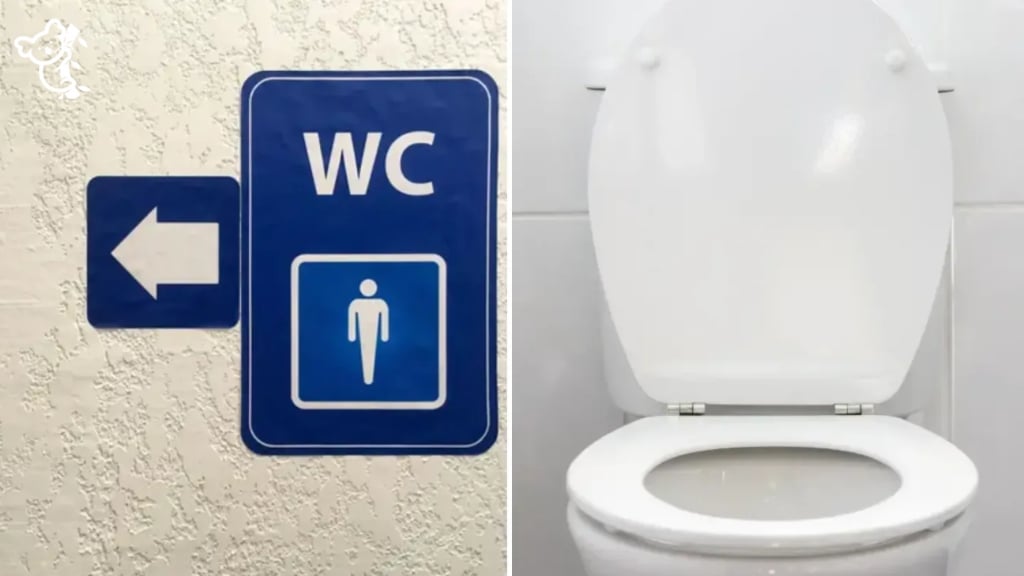Public toilet signs are everywhere from airports and malls to cafes and train stations and one of the most common is simply marked WC. It’s easy to overlook. Most people just see the letters and assume it means ‘toilet’ in a different language.
But the internet is buzzing again with a wave of stunned reactions as thousands are only just realizing what those two letters actually mean.
It all began with a TikTok post, now deleted, by user @itsnathannyc, who sparked confusion and curiosity when he explained that ‘WC’ doesn’t stand for a foreign term or modern acronym — it actually comes from a much older piece of toilet history.
“I was 23 years old when I found out,”
commented one user.
“I’ve seen the sign for years but never once thought to question what it meant,”

added another.
The thread quickly filled with disbelief, with many admitting they had gone their entire lives without knowing the origin.
Some, however, were shocked by the shock.
“What?! Who doesn’t know this?” asked one baffled commenter, while another chimed in:
“Surely everyone knows what WC stands for?”
Yet the answer reveals a quirky piece of history that most never learned in school.
Before modern plumbing, bathrooms weren’t what they are today. In fact, a “bathroom” used to mean just that a room with a bath. The toilet? It didn’t belong there.
When indoor plumbing was introduced in the 19th century, the question was where to place the new water-flushed toilets. The answer: wherever there was a water supply, often a small closet or spare room.

And that’s where it began.
“Indoor plumbing comes along and there is already a room with a bath, the bathroom,” explains TikToker @itsnathannyc in his now-viral breakdown. “So where do you put the toilet? Just put it in a closet. It’s the easiest place.”
These spaces were soon nicknamed ‘Water Closets’, because they were closets equipped with running water — a novelty at the time. The name stuck.
According to Plumb World,
“WC is an abbreviation standing for ‘water closet’, a name used in the 1900s for a toilet, due to most being fitted in a spare closet or cupboard.”
Over time, it became shorthand on signage especially in Europe and Asia for rooms containing toilets but no baths.
Even today, luxury homes and hotels are bringing back the concept of the separate water closet, now viewed as a cleaner and more private option within modern bathroom design.

Architectural Digest recently noted, “The enclosed toilet room is gaining popularity in US households, following the trend of bidet attachments.”
So next time you walk past a WC sign and wonder who decided to name a toilet that just remember it all goes back to a closet, a pipe, and one revolutionary invention: running water.
And yes, WC simply stands for Water Closet and it’s taken the internet a surprisingly long time to figure it out.





